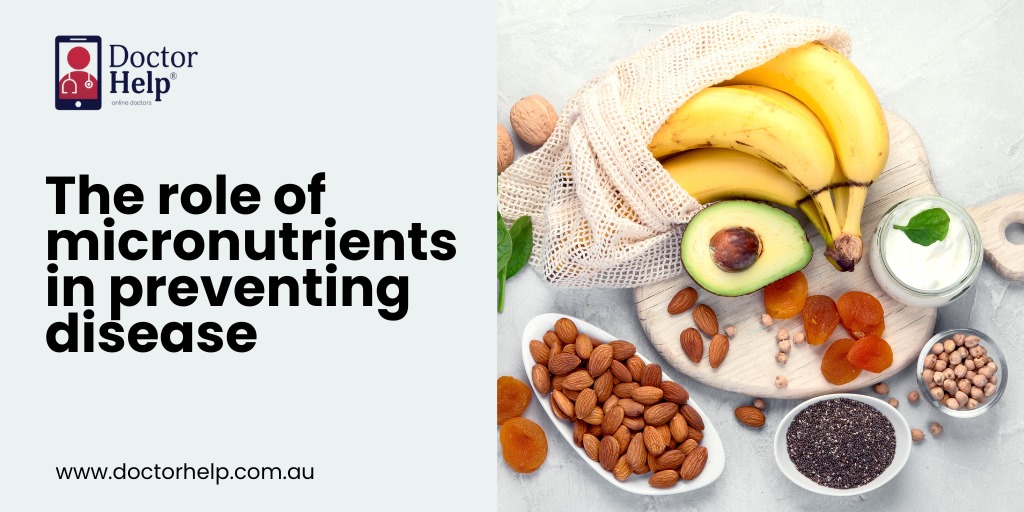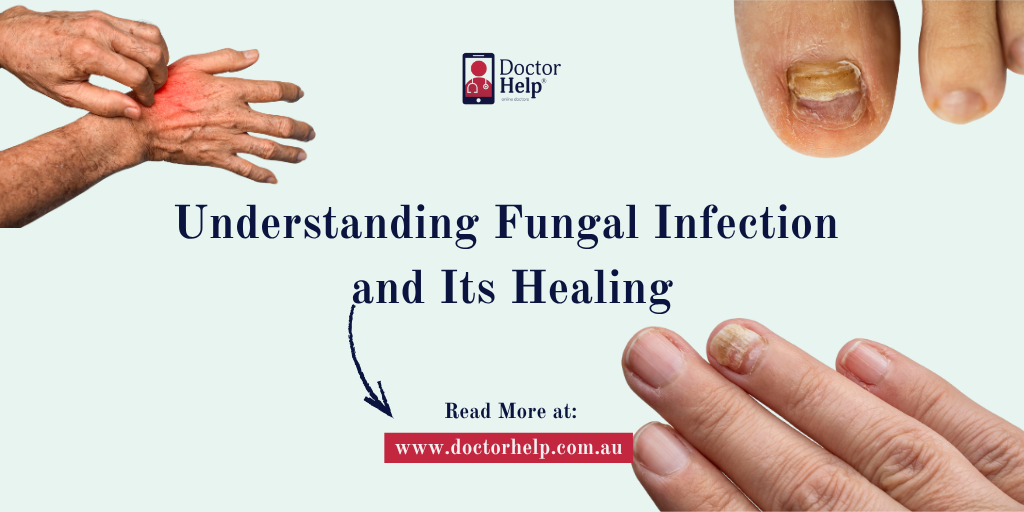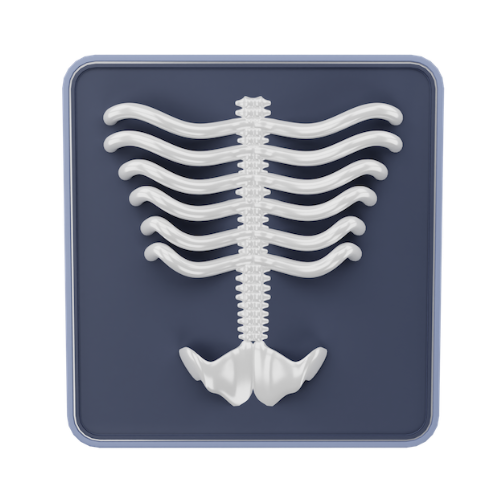What are micronutrients? Why do we need them? How can they help us in disease prevention? You must have had these questions in your mind whenever you hear someone talking about micronutrients. In this blog, you will find the answer to these questions.
Micronutrients include macrominerals (like calcium, phosphorus,
potassium), trace minerals (include zinc, copper), water soluble vitamins (vitamin
C, vitamin B), and fat soluble vitamins (Vitamin A, vitamin D). They play a very
important role in disease prevention as they enhance immunity, reduce
inflammation, promote blood regulation, protect against oxidative stress and
chronic dieases, and many more. Micronutrients deficiency can cause visible and
dangerous health conditions
Let’s dive a bit deeper in this discussion.
What are micronutrients
Our bodies need two types of nutrients—macronutrients and micronutrients.Macronutrients, like proteins, fats, and carbohydrates, are required in largeamounts, and our bodies cannot survive without them. On the other hand, ourbodies also need some nutrients in trace amounts, called micronutrients, likevitamins and minerals. Micronutrients do not provide energy to our bodies; theyrather play crucial roles in various other processes. They facilitate the absorption ofmacronutrients in the body.
Poor micronutrient intake can cause issues related to the respiratory system and immune system, making the body more susceptible to infectious diseases like malaria, diarrhea, and measles.
Each micronutrient plays its role, such as vitamin A for vision, vitamin D for calcium absorption in our bones, calcium for bone growth, zinc for enzyme function, vitamin C for immune cell protection, and so on.
Types of micronutrients and their roles in immune health
There are two types of micronutrients.
- Vitamins.
- Minerals.
Role of vitamins in disease prevention
Vitamins are organic compounds that facilitate physiological processes. There are two types of vitamins. Water-soluble vitamins, like vitamins C and B, cannot be stored in the body and require regular replenishments.
- Vitamin C, ascorbic acid, acts as an antioxidant, thus inhibiting the severity of infections. It protects the cell membrane from damage, supports barrier integrity, and reduces the risk of pneumonia. According to the study, Vitamins A & C lower the risk of cancer and cardiovascular diseases.
- Vitamin B helps produce red blood cells, reduces the chance of neural tube defects in infants, and reduces the chances of Alzheimer’s disease. Vitamin B12 also prevents megaloblastic anemia.
Fat-soluble vitamins, such as vitamins A and D, are stored in our adipose tissues. - Vitamin A helps prevent night blindness and age-related macular degeneration. It also promotes development, reduces toxic inflammation, and enhances adaptive immunity.
- Meanwhile, vitamin D enhances innate immunity which lowers the chances of autoimmune diseases and respiratory viral infections.
- Vitamin E acts as an anti-inflammatory agent, reducing the risk of diseases like arthritis. It protects cell membranes from oxidative damage and promotes immunity.
Role of minerals in disease prevention
Minerals are inorganic elements essential for bodily functions. They are also classified into two categories: macrominerals and trace minerals. Macrominerals, like calcium, magnesium, potassium, sodium, and phosphorus, are needed significantly in larger amounts. Trace minerals include iron, zinc, selenium, copper, iodine, fluoride, and manganese. Although the body needs them in much smaller proportions than macrominerals, they still serve vital functions in the body.
- Research indicates that zinc is a direct antiviral agent for RSV, the dengue virus, and the coronaviruses. It can also reduce the number of days an adult suffers from common cold.
- Calcium is part and parcel for bone health and muscle function and in conjunction with vitamin D it helps to prevent osteoporosis.
- Selenium possesses antioxidants which lower the risk of heart diseases.
- Iodine reduces risk of goiter and intellectual disabilities in infants and newborns.
- Iron aids in the production of red blood cells and prevents fatigue or Anemia.
Sources
To build up the immunity level of your body, it is advised to take an adequate amount of micronutrients from organic foods. Most fruits and many vegetables contribute to status, for example, cucumbers contain most vitamins, minerals, and micronutrients needed daily.
Here is the list of more micronutrients and what foods you can find them in.
- Vitamin A: meat, milk, cheese, and green vegetables and yellow fruits.
- Vitamin B: Poultry products, cereals, bananas, whole grain foods and potatoes with skin.
- Vitamin C: Oranges, tomatoes, potatoes and green leafy vegetables should also be consumed.
- Vitamin D: fatty fish, fish oils, egg yolks and cheese.
- Vitamin E: Sunflower seeds and oil, almonds, safflower oil, peanut and peanut butter.
- Zinc: proteins: meats, fish, eggs, dairy, whole grains, nuts, turkey, beef and legumes.
- Selenium: meat and seafood.
- Magnesium: Carbohydrates – whole-grain wheat, pulses, nuts and seeds, protein – lean meats, tofu, lentils, low-fat yoghurts and cheese, and fats – avocados, olive oil, fish oils, nuts and seeds.
- Calcium: milk and other dairy products.
Conclusion
An efficient immune system reduces the probability of mental diseases, respiratory, cardiovascular, and other infections. Micronutrients play significant roles in immune health, easing symptoms, and improving the capacity of the immune system to shield the body from viruses, including coronavirus. Vitamins maintain some significant processes, such as energy production and immune responses, while minerals are involved in the development, growth, bone health, regulation of fluids, and more.
To ensure sufficient micronutrients intake, plan a balanced diet that includes a variety of foods rich in nutrients. For more guidance, ask a doctor or you can book an appointment with one of our doctors.
References:
- https://www.health.harvard.edu/staying-healthy/micronutrients-have-major-impact-on-health
- https://www.frontiersin.org/journals/nutrition/articles/10.3389/fnut.2023.1207237/full
- https://pmc.ncbi.nlm.nih.gov/articles/PMC7589163/#sec5-nutrients-12-03198
- https://www.who.int/health-topics/micronutrients#tab=tab_1














